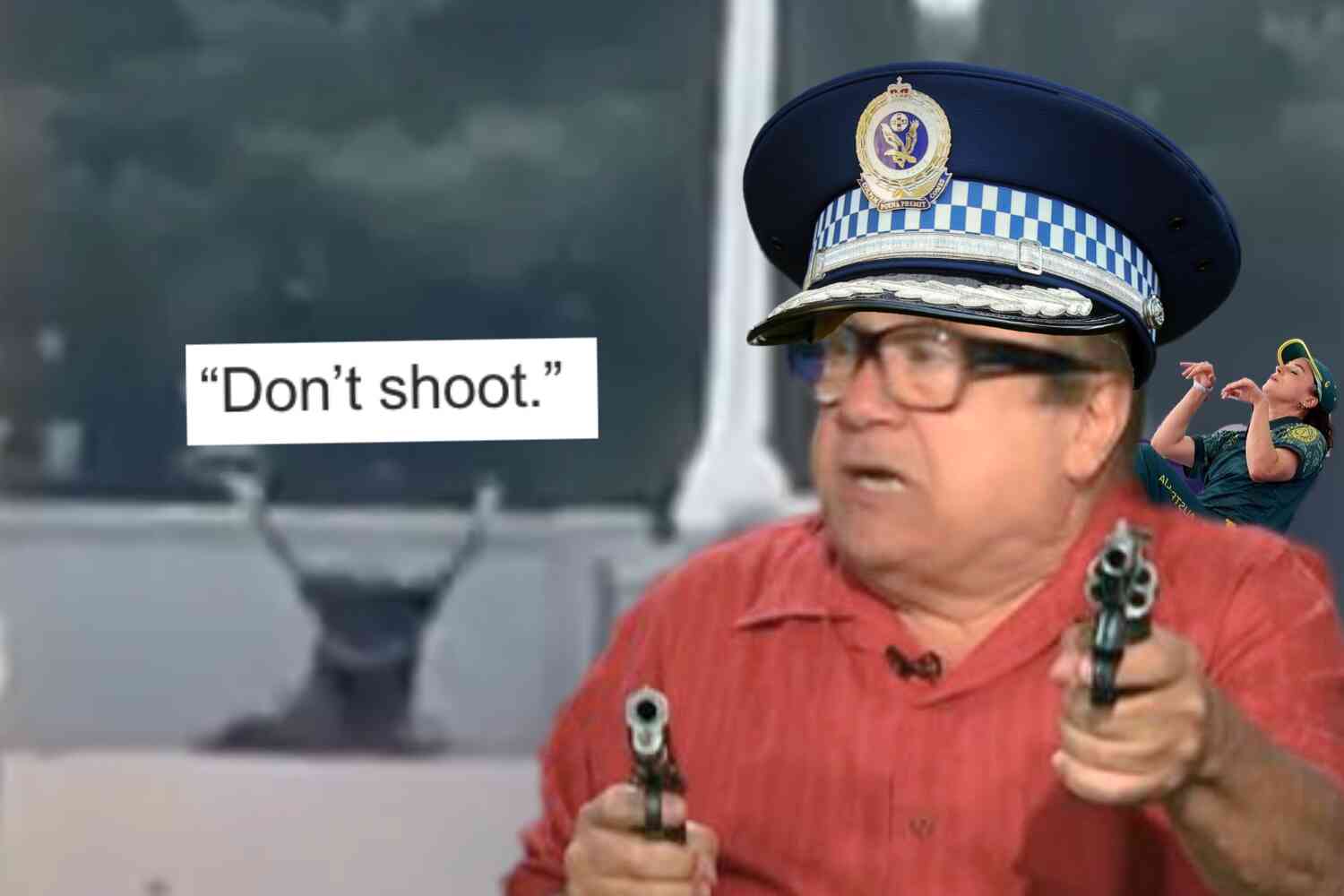The Second and Fourth Amendments are happy this week after the Supreme Court (surprisingly) ruled unanimously that police can't take your guns from your home without a warrant.
.
.
.

The ruling came from a Rhode Island case where a man named Edward Caniglia sued the city of Cranston after police confiscated his weapons while he was at a hospital for a mental wellness check.
In 2015, Caniglia and his wife had a rather heated argument... over a coffee mug. Those of you who've been married more than 5 minutes know how fast arguments can arise over trivial things.

Caniglia might have taken things a bit too far when he took his unloaded pistol and put it on the counter, telling his wife: "Why don't you just shoot me and get me out of my misery?"
He then reportedly went for a ride and his wife went to a motel. She later called the police, telling them she was worried about her husband. Caniglia, who said he wasn't suicidal, agreed to go to the hospital for a wellness check and claims he was told his guns would not be taken (although the police deny that claim).
Regardless, officers took two weapons from the home as part of a "community caretaking" exception to the Fourth Amendment – a loophole that allows authorities to perform a search in cases where community safety is a question. This loophole is usually performed to search and seize weapons from vehicles.
Caniglia sued, saying the seizure violated his rights. The case went to two federal courts where the judges ruled against Caniglia, which makes the unanimous decision of the Supreme Court (especially during a time when leftists want gun control) so surprising.
Here's what the man, the myth, and the legend Justice Thomas Clarence had to say:
"The very core of the Fourth Amendment's guarantee is the right of a person to retreat into his or her home and there be free from unreasonable governmental intrusion."
Justice Samuel Alito also noted that the ruling may apply to "red flag" laws that have been implemented in some states to justify the seizure of weapons from individuals the state believes are a danger to themselves or others. Opponents of such laws have argued that giving the state the ability to widely define such laws is a direct blow to the purpose of the Second Amendment.
In a time when lefty redcoats are coming for all guns, I've gotta say, this ruling was a breath of fresh air.










